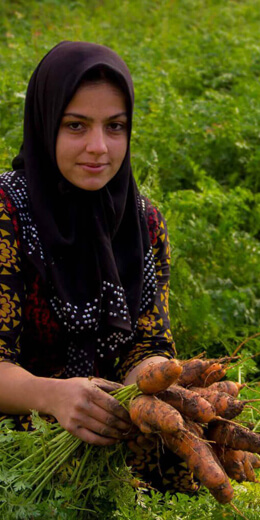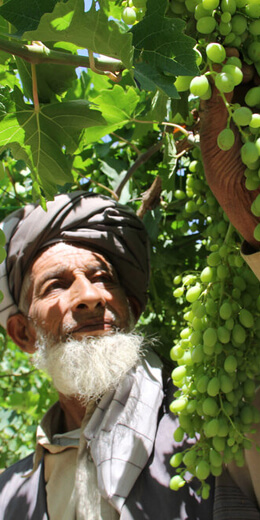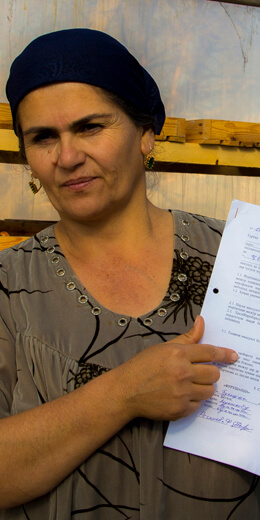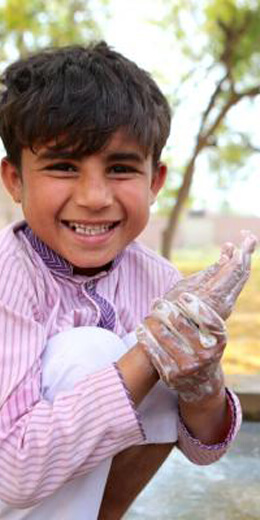
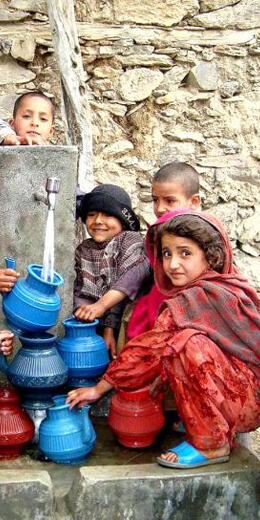
Water, Sanitation and Hygiene
The challenges facing the water, sanitation and hygiene (WASH) sector in Central Asia today relate primarily to systemic issues around management and governance, and a lack of resources and expertise. Equipped with more than 20 years of experience from its founding organisation in managing large and complex WASH projects in the region, Equidev is well positioned to provide reliable and sustainable solutions that are relevant and acceptable to users. Equidev is dedicated to the WASH sector as a knowledge broker, innovator and enabler of change in the region.
Equidev ensures that services are extended to both urban and rural remote areas, and that technical solutions are tailored to the specific needs of communities and foster sustainability and enhanced quality of governance in the WASH sector. We work with international development partners, local and central authorities, the private sector and civil society to promote best international practices in WASH projects in the region.
Due to the impact of the COVID-19 pandemic, the provision of safe water, sanitation and hygiene has become vital to protect human health for economic activities. Access to WASH infrastructure, facilities and consumables is a fundamental determinant of reduced transmission, especially among people living in poverty. Equidev offers its expertise in timely planning for and responses to COVID-19 outbreaks through capacity building of local government institutions, communities, households, schools, marketplaces and healthcare facilities. This ensures improved and consistently applied WASH practices and proven behaviour-change techniques to prevent human-to-human transmission of COVID-19.
Agriculture, Enterprise and Skills
The agriculture sector in the region suffers from systemic constraints ranging from poor productivity, the absence of technology diffusion across value chains and low capital investments to a weak private sector. We work with market systems, business intermediaries and associations and policy makers to create transformational change in agriculture. This is done by building competitiveness across value chains, enhancing the capacity of producers, processors, suppliers and marketers and engaging in policy advocacy for an enabling business environment. In this way, we seek to foster vibrant business ecosystems that support inclusive and equitable growth, enhance income, generate productive employment, deepen the resilience of farmers and benefit business players. We facilitate the development of market systems across domains through the promotion of enterprise clusters, bottom of the pyramid incubation, private sector intermediation and advancing cross-sectoral collaboration. We provide technical support, design, incubation and implementation services using multiple engagement models embedded in cross-sectoral expertise that bridges the world and provides sustainable solutions to the problems of poverty.
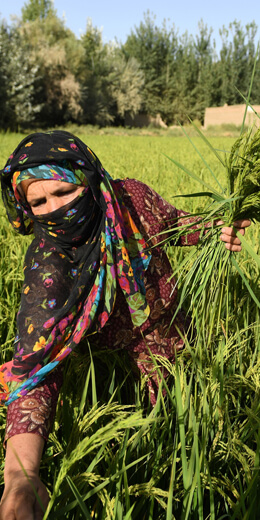
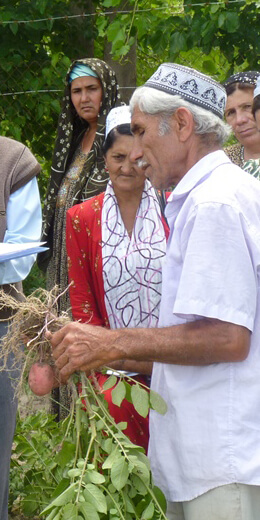
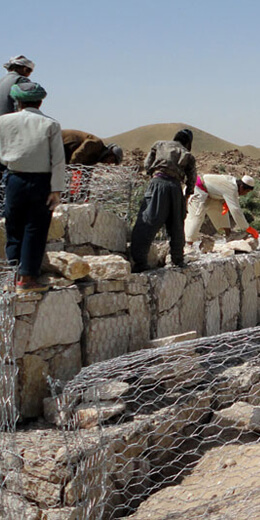
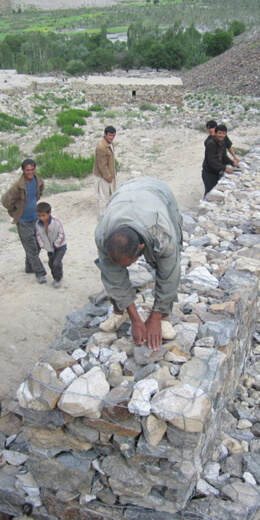
Climate Change and Disaster Risk Reduction
Climate change threatens food, energy and water security in the region, with a particularly severe impact on the economies, lives and livelihoods of vulnerable communities. We build holistic, community-based disaster risk reduction (DRR) solutions in this climate fragile region. We focus on community-based adaptations enabled by a strong systemic capacity to respond and build sustainable solutions. We work with government institutions, emergency response teams and community-based responders to design, facilitate and develop integrated models of DRR and management. We have proven capabilities in building long-term capacity in the emergency response chain with a bottom-up approach. This facilitates institutional reform and enables policy makers, key responders and grassroots activists to mount effective strategies to confront the short- and long-term challenges of disaster risk.
Green growth
In recent years, there has been a shift in economic growth paradigms in the region, with policy makers increasingly focusing on green growth strategies, practices and investments using policy–regulatory, financial and institutional instruments. We see the whole green growth sector as an emerging opportunity where Equidev can play a catalytic role in transforming local economies towards secured sustainable development pathways. We work with policy makers to advocate for optimal policy choices that accelerate green investments, with manufacturing and industries to shift towards cleaner, low carbon technologies, and with civil society, lobbyists, academics and interest groups to generate support for policies that promote a sustainable future. We address both core green growth issues and underlying drivers such as green finance, consumer preferences and technology to build a compelling narrative based on data and evidence that leads to policy reform and action on the ground. Our main sectors in the near future will be clean energy and sustainable tourism, as both these sectors are important in the regional economy and can play a major role in propelling economies towards sustainable futures.
